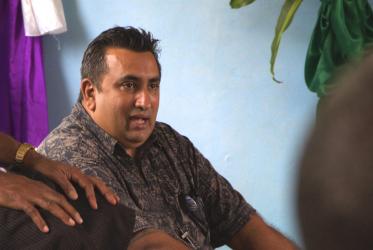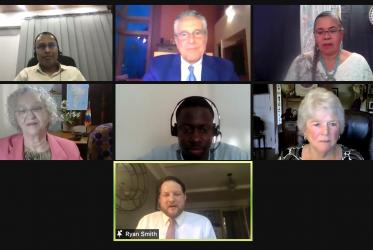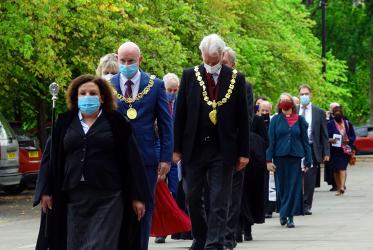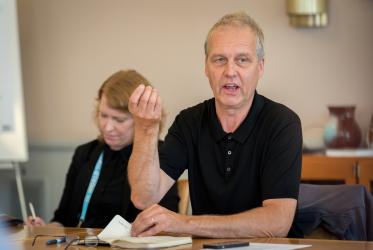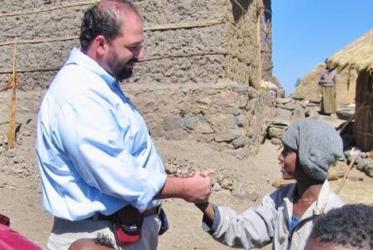Displaying 101 - 120 of 125
Churches offer some relief in Kenya’s drought disaster
16 September 2021
Can we end our societal addiction to fossil fuels?
12 August 2021
Ecumenical International Youth Day 2021 Event Toolkit
Young People and Climate Justice
06 August 2021
No room at the inn
26 December 2020
